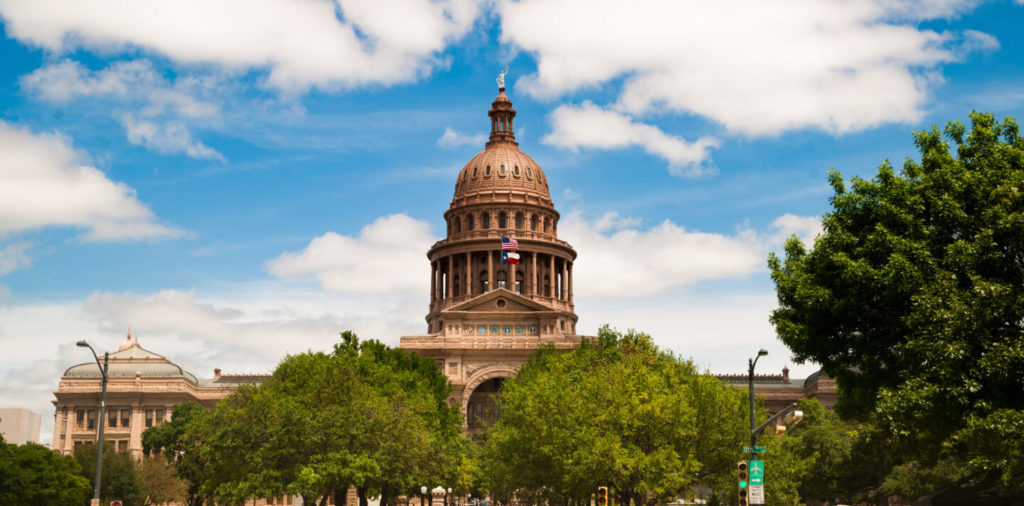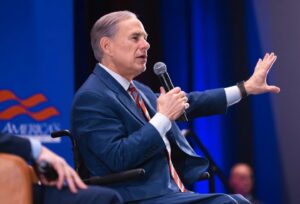Texas’ decades-long fight over school choice: How it happened
(The Center Square) – For more than 20 years, House Republicans and Democrats have opposed a taxpayer-funded subsidy to allow families to send their child to a private school of their choice,…

(The Center Square) – For more than 20 years, House Republicans and Democrats have opposed a taxpayer-funded subsidy to allow families to send their child to a private school of their choice, arguing funds would be taken away from public schools and that taxpayer money should not fund private school education.
While the Texas Senate has passed a bill creating an Education Savings Account for several legislative sessions in a row, the bill always died in the Republican-controlled House – until now.
After Gov. Greg Abbott campaigned in 2024 against Republican candidates who opposed school choice in prior sessions and the Abbott-endorsed candidates won their races, the Texas House changed course. Its newly elected speaker, Dustin Burrows, R-Lubbock, followed through on his pledge to ensure the bill passed, which it did at 2 a.m. on Thursday.
Passage did not come without significant resistance from Democrats, however.
Throughout debate on the bill, Democrats presented their objections, filed dozens of amendments and remained resolute in their opposition. Every amendment they proposed was killed by state Rep. Brad Buckley, R-Killeen. Buckley filed a motion to table their amendments and House Republicans voted to kill each of the Democratic amendments. The amendments failed along party lines by votes of roughly 80 to 60.
Hour after hour and after filing more than 40 amendments that each failed, Democrats continued to try to make their case.
State Rep. Yolanda “Jo” Jones, D-Houston, said the bill doesn’t do what Republicans claim, the program will benefit the wealthy, not the poor. That argument was made despite Abbott and Republicans saying the approximately $10,000-per-student ESA’s will prioritize low-income families.
“ESA doesn’t mean Education Savings Account,” Jones said. “It really means, ‘Elite Subsidy Assistance. It takes public dollars, money meant for public schools, and hands it to wealthy families to subsidize private school tuition they were already paying for.
“And who qualifies for this taxpayer handout? Families making up to $156,000 a year. If those families don’t use it, then people making any amount of money” can apply for the ESA and receive it,” she said. “That’s craziness. That’s not low income. That’s not struggling. That’s upper middle class siphoning public dollars out of schools that serve everyone.”
Abbott responded on X: “Democrats are continuing to spread misinformation. 82% of Arizona ESA participants come from families with incomes of less than $150k per year. These are not elite, wealthy families,” he wrote.
An accompanying spending bill provides $1 billion in funding for the Education Savings Account program, meaning about 100,000 Texas children could take advantage of it.
Jones also repeated what many Democrats and House Republicans have argued over the years: public schools are required to take all children who register whereas private schools can be selective.
Private schools “can reject students with disabilities. They can reject students with behavioral needs. They can reject kids because of their race, religion, gender identity, or if they simply don’t fit. They can reject kids with autism. They can reject kids with special needs. Public schools can’t do that. Public schools educate everyone,” she said.
Again, Abbott responded on X: “There are 50 accredited private schools that exclusively serve children with special needs in this state. In addition, 87% of private schools in TX serve students with special needs. With school choice, families with special education children will have more opportunities.”
Other opponents made the issue about race and funding public schools.
Houston-based Rep. Alma Allen, a former member of the State Board of Education, said the vote was “turning back the hands of time …before Brown v the Board of Education,” the landmark Supreme Court case that declared school segregation unconstitutional.
Dallas-based Rep. Maria Rodriguez Ramos said, “Texans of all races and regions want strong neighborhood schools where every child has their freedom to learn and the resources to prosper” no matter where they live, she said. “Let’s be clear. This isn’t about school choice. This is about power, not about the people. It’s about whether our public dollars serve the public good or continue the long legacy of exclusion and division.”
Abbott wrote on X in response: “Passing school choice does NOT mean Texas won’t fully fund public education. School choice funding and public school funding come from separate pots. We won’t take a single penny from our public schools to pay for school choice.” And in a separate post, he wrote: “Education Savings Account = $10,000. Average per student funding in Texas public schools = over $15,000. School choice means more opportunity, NOT less funding.”



